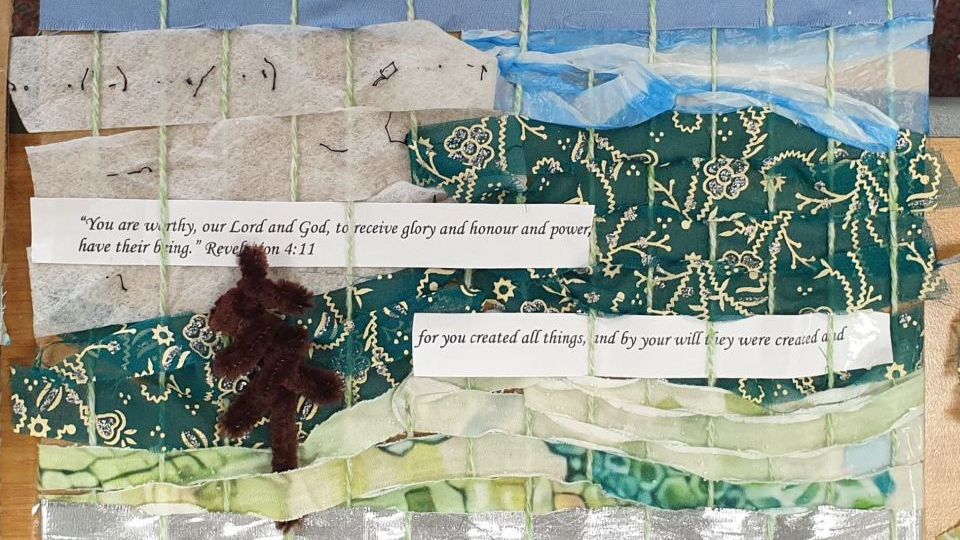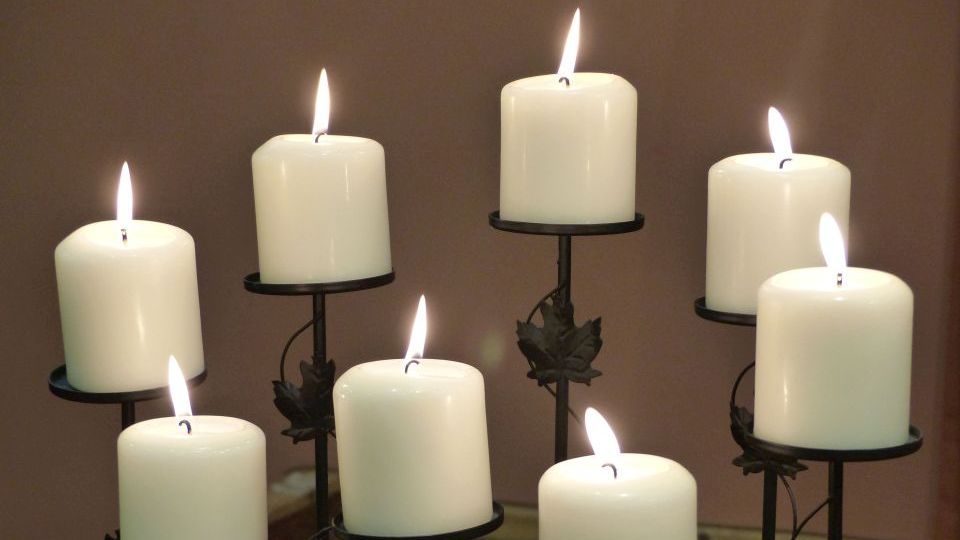Among twenty-first century poets, Godfrey Rust stands out for writing challenging works that provoke us to look at what it really means to live our Christian faith. See for example this poem about being church. You can find more of Godfrey's poems on his website WordsOut. These are freely available to use in worship and study groups provided no financial profit is made from them by a third party and the source is acknowledged. Explore and enjoy.
Church is a verb
Church mice,
church music
and church history
all tried to tell us it’s an adjective.
Others have chiselled
or boxed it into a noun:
a building or a social club,
even an event
that’s set in stones –
but don’t be fooled:
church is a verb.
It’s something that we do.
It won’t work in the singular.
I can’t church,
you can’t church
he, she and it can’t church.
It only takes the plural: even God
can’t church alone.
We church
(and they can do it too,
whatever we may think of what they do).
It works best in the present tense
and not with a prefix like un- or re-.
Don’t say Let’s church again,
like we did last summer.
It happens now, not then.
It’s not a complicated verb.
It comes in simple sentences
like How are you?
and Can I help?
and Let us pray.
It’s often passive, and just sits and listens.
It’s a highly irregular verb
and won’t do what it’s told.
It turns up anywhere
with the most unlikely subjects.
It can be said
in any language
or in none.
We can’t easily go
to look at church.
We only find the evidence
that church has happened somewhere.
Something broken has been mended.
Someone is alive.
Two are at one.
More is here now
than there was before.
In one case only,
this verb is transitive:
God churches us
and also churches through us.
When we ask Christ
to be among us
or make him known to someone
it’s then that we are churching.
There will come a time
for church to get dressed up
ready for its marriage,
ready to settle down and become a noun –
but until then
church is the living Word
spoken in verbs.
Godfrey Rust




.jpg)
.jpg)

.jpg)

